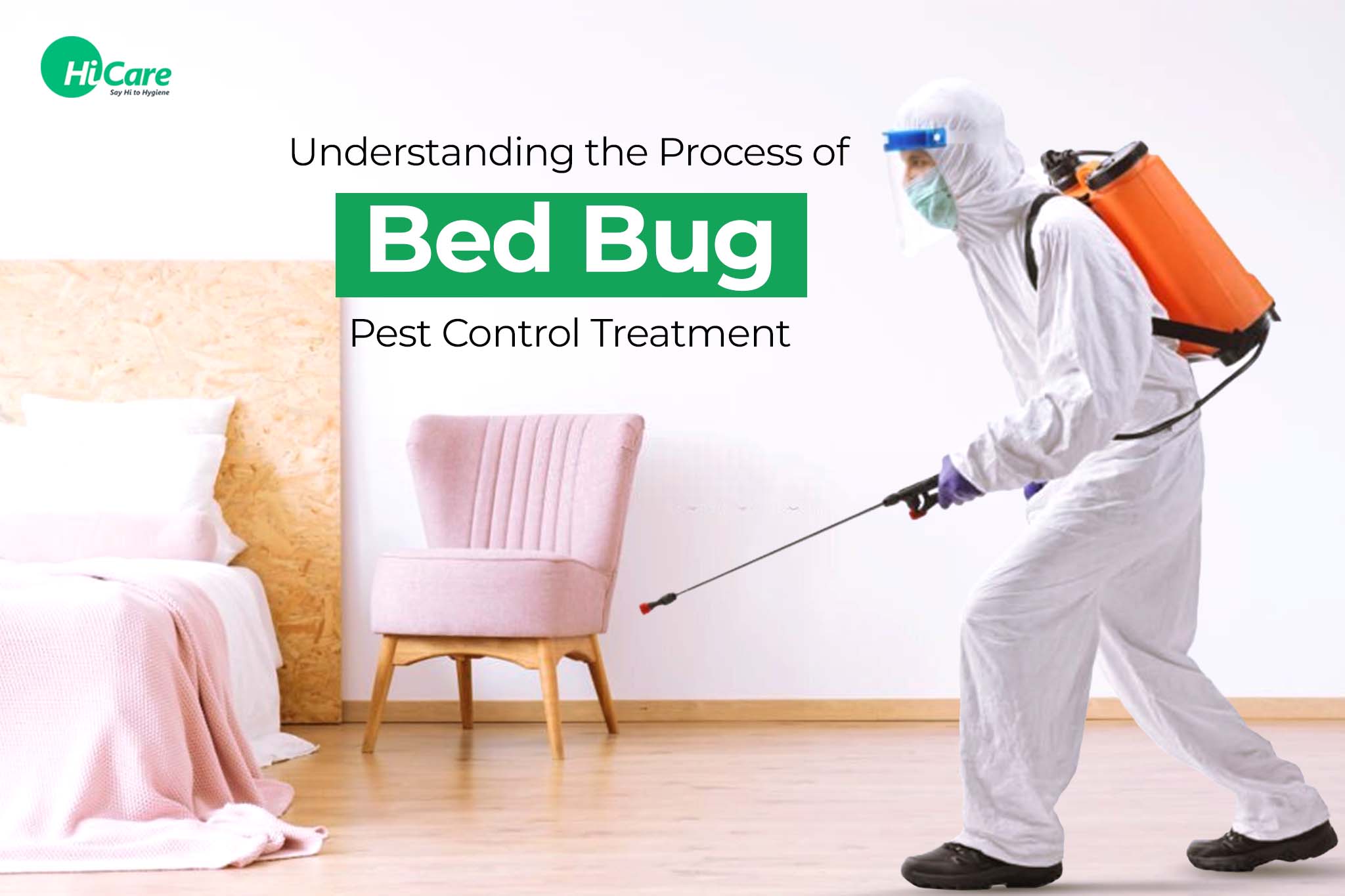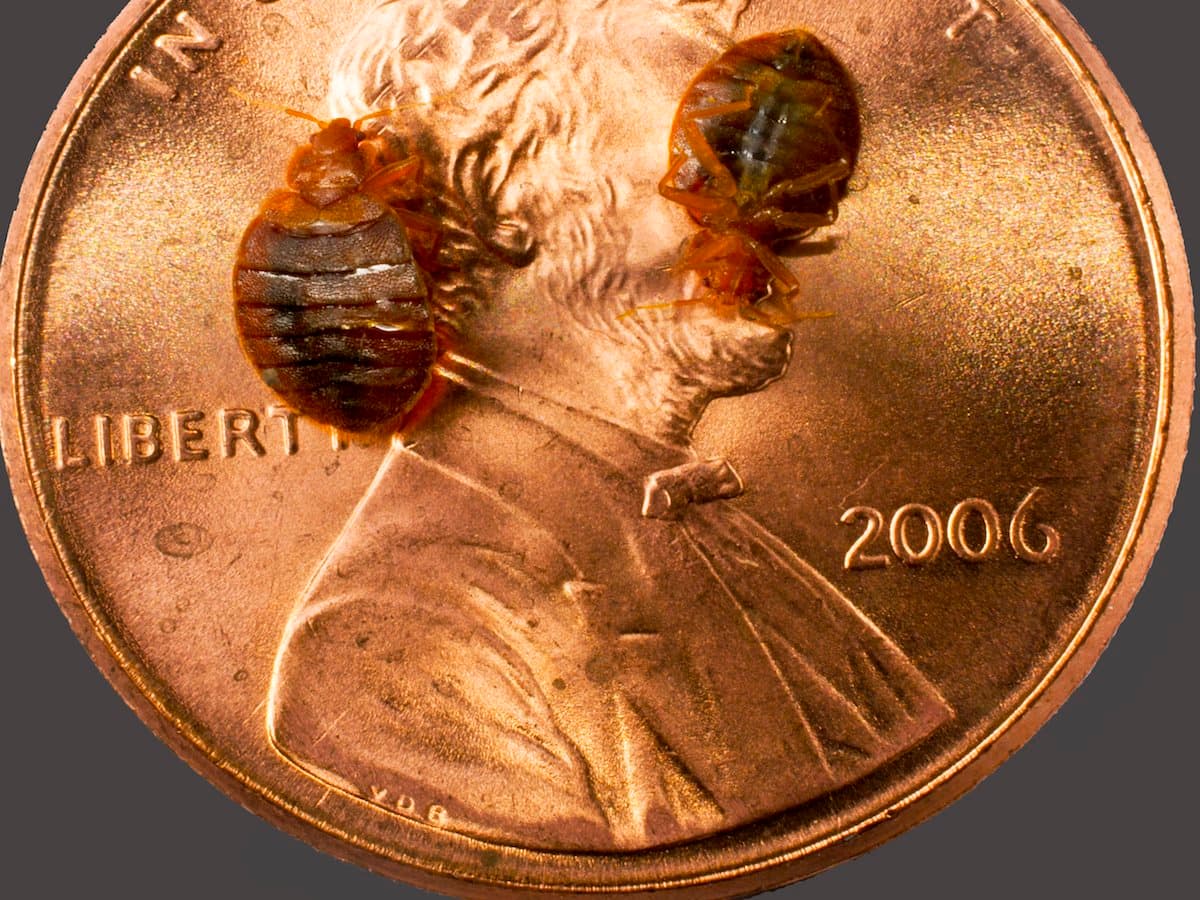A1 Bed Bug Exterminator Houston: Quick Removal Solutions
A1 Bed Bug Exterminator Houston: Quick Removal Solutions
Blog Article
Comprehending the Lifecycle of Bugs for Targeted Control Methods
Recognizing the lifecycle of bugs is a basic element of reliable parasite administration strategies. By comprehending the different stages of development that insects undertake, an extra targeted and precise method can be adopted to regulate their populaces. This knowledge not only clarifies the susceptabilities within the parasite lifecycle but likewise paves the means for applying tactical actions that can disrupt their growth and reproduction cycles. Via a much deeper understanding of just how parasites thrive and progress, customized control strategies can be developed to resolve specific factors in their lifecycle, eventually bring about even more successful parasite monitoring results.
Value of Comprehending Insect Lifecycle
Recognizing the lifecycle of bugs is essential for developing effective and targeted control strategies in parasite monitoring. By understanding the various phases an insect goes via from egg to grownup, bug control experts can recognize vulnerable factors in the lifecycle where intervention can be most effective.
Additionally, identifying the particular environmental problems needed for each stage of the parasite's lifecycle can assist choices on habitat modification or exemption methods to decrease and disrupt the lifecycle parasite populations. This expertise makes it possible for pest administration experts to implement proactive actions rather than depending exclusively on responsive treatments, causing more long-lasting and lasting pest control solutions. Eventually, a complete understanding of insect lifecycles equips bug control experts to customize their approaches efficiently, lessening ecological impacts and making best use of control end results.
Secret Phases in Pest Advancement
To efficiently execute targeted control strategies in pest monitoring, a critical facet exists in comprehensively determining and recognizing the key phases in bug advancement. Bug development commonly consists of several crucial stages that are crucial for their lifecycle and administration.

Vulnerabilities in Bug Lifecycle
Throughout the numerous stages of a pest's lifecycle, distinct vulnerabilities arise that can be strategically targeted for reliable control measures (A1 Bed bug Exterminator houston). One important vulnerability exists in the egg stage, where pests are often more at risk to specific insecticides or biological control representatives due to their soft outer shell, making them easier targets for treatment. Comprehending these susceptabilities in the parasite lifecycle is crucial for developing exact and reliable control methods that effectively manage insect populations while reducing environmental effect.
Applying Targeted Control Steps

Applying targeted control actions typically involves a multi-faceted technique. This might consist of habitat adjustment to make the setting much less welcoming to bugs, such as eliminating standing water for insect control or sealing access factors for rodents. Additionally, biological control methods can be utilized, where natural killers or microorganisms are introduced to keep parasite populations in check.
Chemical control, such as the careful application of pesticides, is one more common method. Nonetheless, it is vital to use these substances sensibly to decrease environmental effect and possible damage to non-target types. Integrated Bug Monitoring (IPM) methods that integrate various control procedures in a worked with and sustainable manner are often the most reliable in achieving long-lasting parasite management objectives. By carrying out targeted control procedures based on a detailed understanding of insect lifecycles, insect populaces can be Discover More properly controlled while minimizing risks to human health and wellness and the environment.
Improved Pest Administration Practices

In addition, the consolidation of organic control representatives, such as natural predators or microorganisms of pests, can assist lower dependence on chemical pesticides and promote an extra balanced ecosystem. Applying physical obstacles and catches can additionally belong to boosted pest management methods, using safe and targeted remedies for parasite control. Furthermore, making use of pheromones and other semiochemicals can disrupt pest breeding patterns and interaction, bring about decreased insect populaces gradually.
Conclusion
By recognizing crucial phases in parasite growth and vulnerabilities in their lifecycle, targeted control measures can be implemented to decrease parasite populations. Boosted pest monitoring methods can help decrease the dependence on broad-spectrum pesticides and advertise even more lasting and go to the website environmentally pleasant parasite control techniques.
Comprehending the lifecycle of insects is essential for establishing reliable and targeted control techniques in bug monitoring. By understanding the numerous phases a parasite goes via from egg to adult, pest control professionals can identify susceptible factors in the lifecycle where treatment can be most successful. Ultimately, a thorough understanding of insect lifecycles equips parasite control experts to customize their methods effectively, optimizing and decreasing environmental influences control results.
By executing targeted control procedures based on a complete understanding of bug lifecycles, bug populaces can be efficiently controlled while minimizing threats to human health and wellness and the atmosphere.
By determining vital other phases in insect development and vulnerabilities in their lifecycle, targeted control measures can be carried out to decrease bug populaces.
Report this page